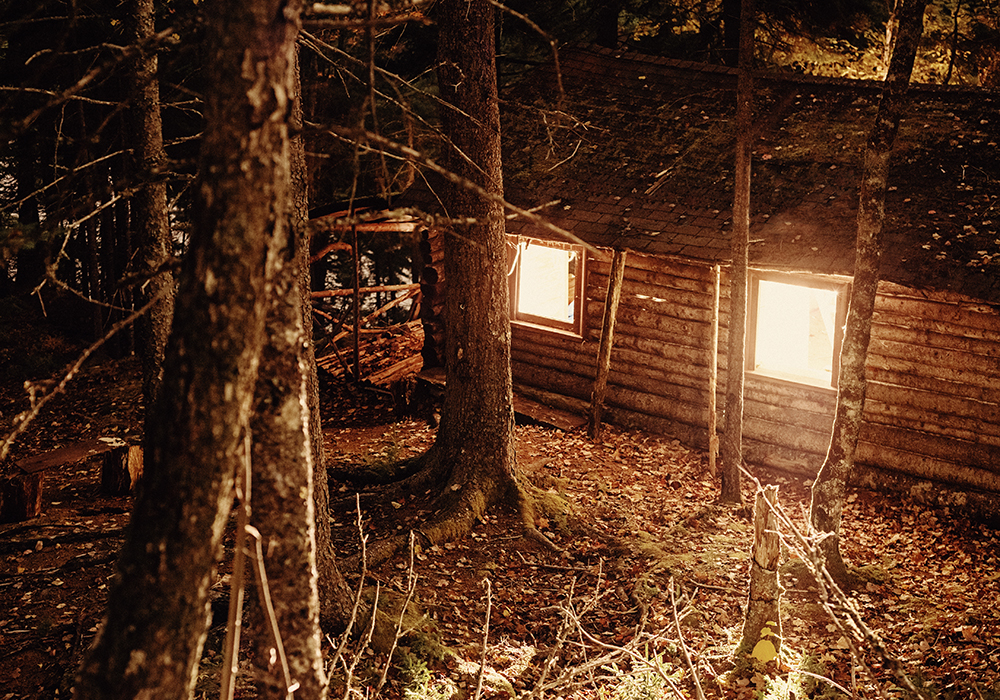After several failed attempts by Alberta to end squatter’s rights through private members bills, a government-sponsored piece of legislation may do the trick.
Justice Minister Tyler Shandro introduced the Property Rights Statutes Amendment Act earlier this month. It is designed to bring Alberta in line with other provinces that have tightened their legislation on squatter’s rights, known more formally as adverse possession.
As it stands, a person who maintains an obvious presence on a piece of land, whether by living on it or by erecting a structure, can apply to claim that property if such presence has lasted 10 years or more.
Read Also

Saskatchewan throne speech promises strong economy
Saskatchewan’s legislative agenda for the coming year will focus on meeting the challenges of new world trading relationships, said the speech from the throne.
Shandro said the proposed legislation will end that situation.
“If passed, this act will bring peace of mind to Alberta landowners. It will allow them to use and enjoy the land that they rightfully own without having to worry about someone taking it away,” the minister said Dec. 5.
At least four previous attempts in the last decade to codify Alberta property rights through private member’s bills have failed to address squatter’s rights, which are rooted in the unwritten common law provisions adopted during British colonial rule.
Those attempts failed for various reasons. They include a 2012 effort by the Progressive Conservative government, a 2017 attempt by the opposition Wildrose Party and two tries by the United Conservative Party while in opposition. Now the UCP government has introduced Bill 206.
An all-party legislature committee tasked with looking at a range of property rights issues accepted recommendations by stakeholders to carve out adverse possession from wider legislative changes.
MLA RJ Sigurdson, chair of the Select Special Committee on Real Property Rights, said Alberta is “one of the only few jurisdictions in Canada that still have this archaic law on the books. Landowners have been asking us to abolish adverse possession for years and today we are here, stepping up, to ensure their property rights are protected.”
Shandro said squatter’s rights are not addressed in the Canadian Charter of Rights, foiling previous attempts to address the matter.
“Unfortunately, the Canadian Charter of Rights and Freedoms, which was enacted in 1982, does not enshrine property rights for the individual. This reality means that provinces, which have the constitutional authority over property, must step up and defend property rights.”
According to the Alberta Land Institute’s website, “property rights were deliberately excluded from the Charter.” It’s unclear how this affects legislation because property rights are within provincial jurisdiction.
NDP MLA Heather Sweet, who represented the Opposition on the property rights committee, said her party is broadly in favour of the proposed legislation but added that Shandro’s comments regarding the Charter were off topic.
“That is a political game that the government is continuing to use with their language relating back to the sovereignty act,” she said. “The government tries to turn everything into a failure of the judicial system or the federal government.”
The adverse possession legislation won’t be retroactive if and when it becomes official law, though provisions are anticipated to provide recourse for those now involved in legal proceedings.
















